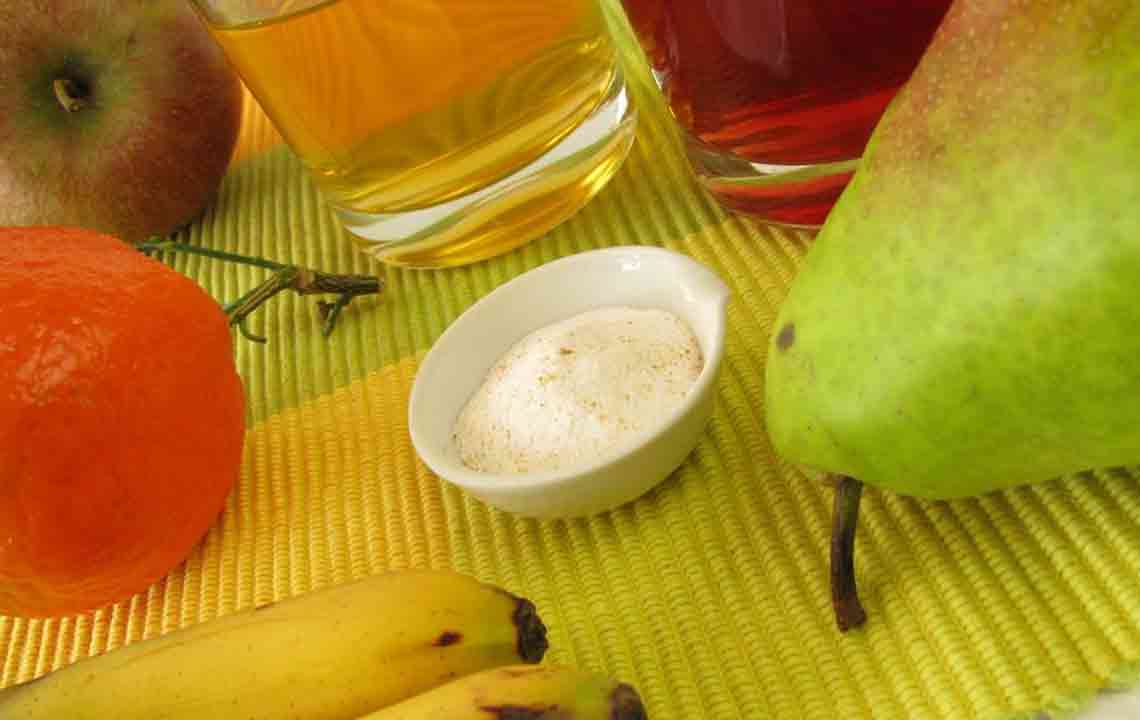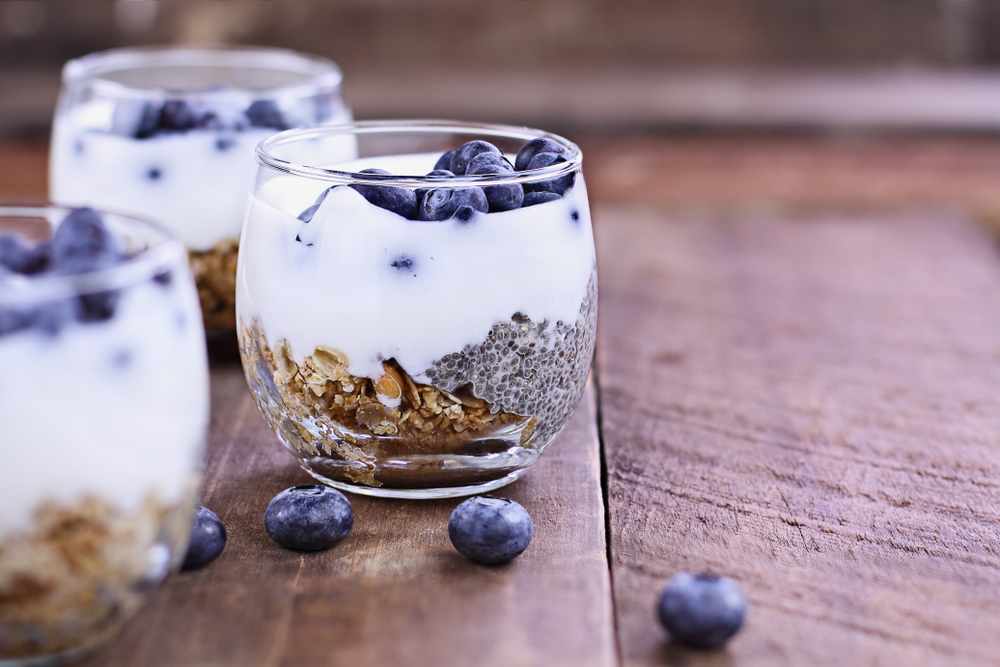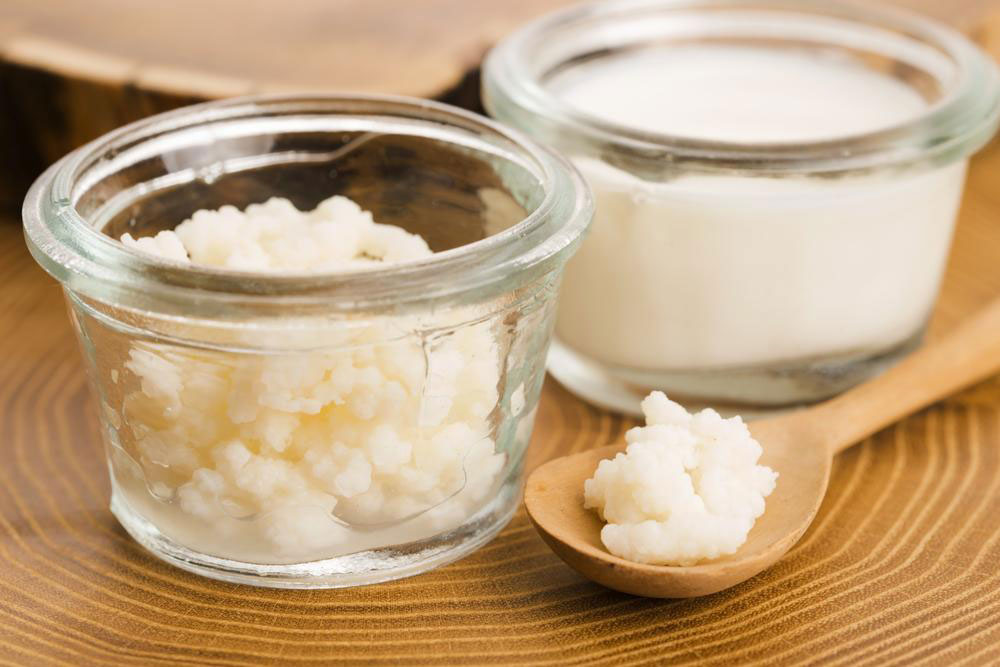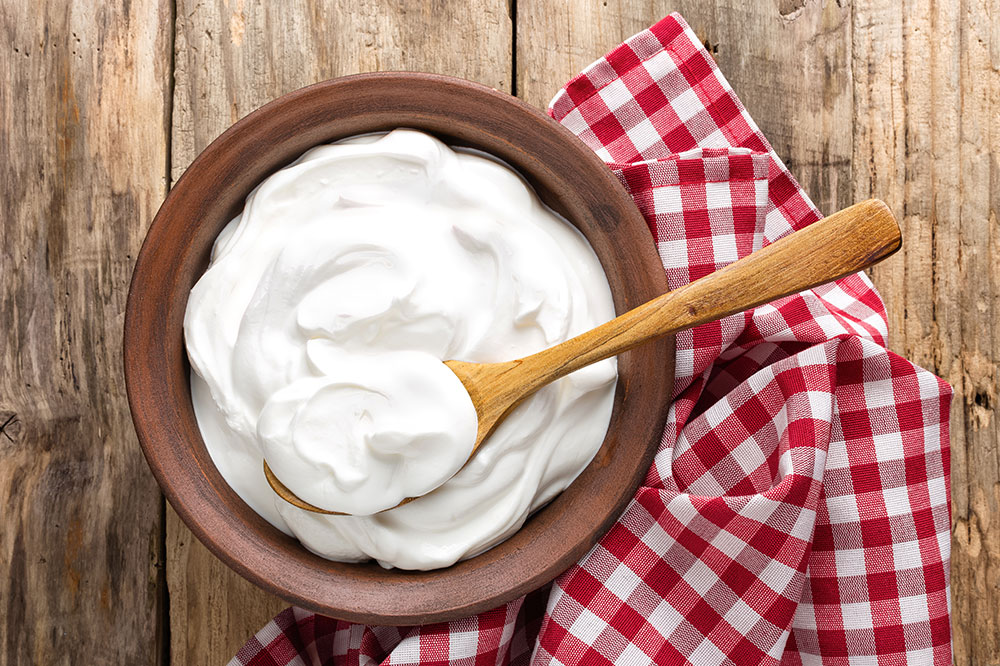Effective Use of Probiotics for Managing IBS Symptoms
Discover how probiotics can effectively alleviate IBS symptoms by restoring gut balance. Learn about top probiotic strains, food sources, and usage tips to improve digestive health. Consult with healthcare providers for personalized treatment plans to ensure safe and effective management of IBS. Incorporate probiotic-rich foods into your diet and consider supplements for lasting relief. Patience and correct usage are key to experiencing benefits from probiotic therapy.
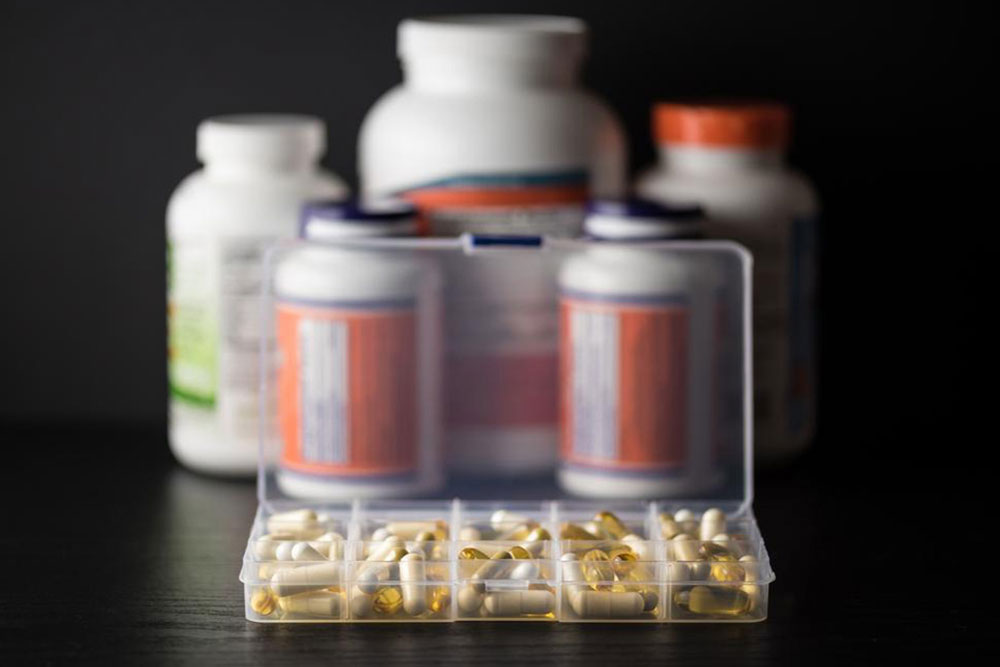
Harnessing Probiotics for IBS Relief
Irritable Bowel Syndrome (IBS) remains one of the most prevalent digestive conditions. Common signs include stomach pain, irregular bowel patterns, bloating, cramping, diarrhea, or constipation. Many healthcare providers recommend probiotic supplements as part of the treatment approach.
Probiotics enhance the growth of beneficial bacteria in the gut, supporting overall intestinal health. Choosing the appropriate probiotic is crucial to ensure effective relief and personalized treatment.
What are probiotics?
Probiotics, often called good bacteria, boost the immune system and promote digestive balance by eliminating harmful microbes.
They fortify the intestinal lining and prevent pathogens from invading the gut.
How probiotics assist in IBS management
Taking probiotic supplements can decrease IBS symptoms and encourage healthy bacteria growth. They offer benefits such as:
Eliminating small intestinal bacterial overgrowth (SIBO)
Lowering harmful bacteria levels
Restoring normal gut motility
Strengthening intestinal tissue
Enhancing immune response
Reducing gut permeability (leaky gut)
Alleviating visceral hypersensitivity
Decreasing abdominal discomfort
Balancing intestinal flora for good bacteria
Top probiotic options for IBS
Implementing probiotics can help restore gut harmony and reduce symptoms. Research continues to identify the most effective strains, with several proven to aid IBS:
Prominent probiotic strains include:
Lactobacillus strains: Support bowel health and are dairy-free and gluten-free.
Bifidobacterium strains: Known to decrease pain, bloating, and digestive discomfort associated with IBS.
Saccharomyces Boulardi: A yeast strain that helps reduce inflammation in the gut.
Combination strains: Mixtures of multiple probiotic strains can improve overall gut flora health and symptom relief.
Probiotic-rich foods and their role in IBS
Foods like yogurt, sauerkraut, kimchi, and other fermented products naturally contain beneficial bacteria. Incorporating these into your diet may help lessen IBS symptoms.
Consuming probiotics with water or food aids their transit and effectiveness. Avoid hot foods that can kill probiotics, and always consult your healthcare professional before starting any supplement. Consistent use over a minimum of four weeks is recommended to observe benefits.
Important Reminder:
Our articles aim to provide helpful insights across various topics. While our team conducts thorough research, this information should not replace professional medical advice. Always consult your doctor before starting new treatment options. The website does not guarantee the accuracy of external data or offer specific product endorsements. Some offers or schemes might be unavailable or not covered here.



